Spoiler alert! Spoilers ahead for Joker.
When Heath Ledger took on the Mantel of Joker in The Dark Knight, the hysteria he cultivated was certainly unmatched for years to come. His ambiguous origin and sinister persona was seamlessly brought to life by the brilliant Ledger and we’d assumed no one could ever fill his humungous clown shoes.
More than a decade later, however, Joaquin Phoenix’s retelling of Joker’s origin story has caught eyeballs and how! All owing to the beyond brilliant acting chops of Phoenix who figuratively ‘rose from the ashes’ to give the performance of a lifetime in this film.
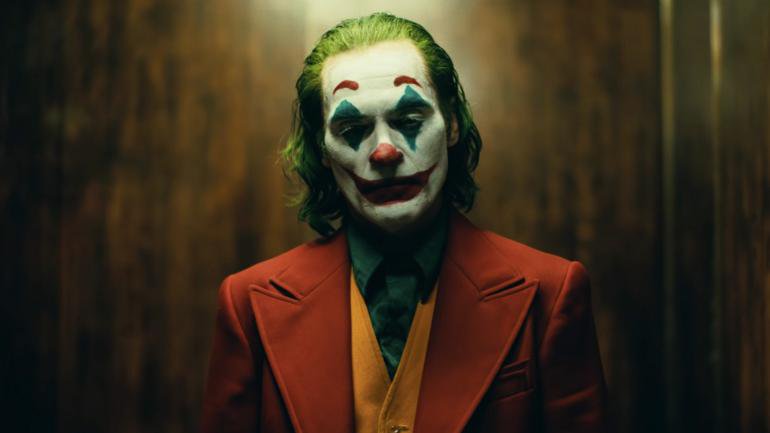
Perfectly juggling his two personas — Arthur Fleck and The Joker, Phoenix seamlessly brings both together in the final act of the film, with an ample dose of internal conflict on the way. Not only did he make this a great comicbook film. He made this a brilliant film, period.
In the first act of the film, Phoenix demonstrates life of a down-on-his-luck economically backward citizen of Gotham City. He has to make ends meet working as a clown for hire, while battling severe mental health conditions that have crippled his social persona.
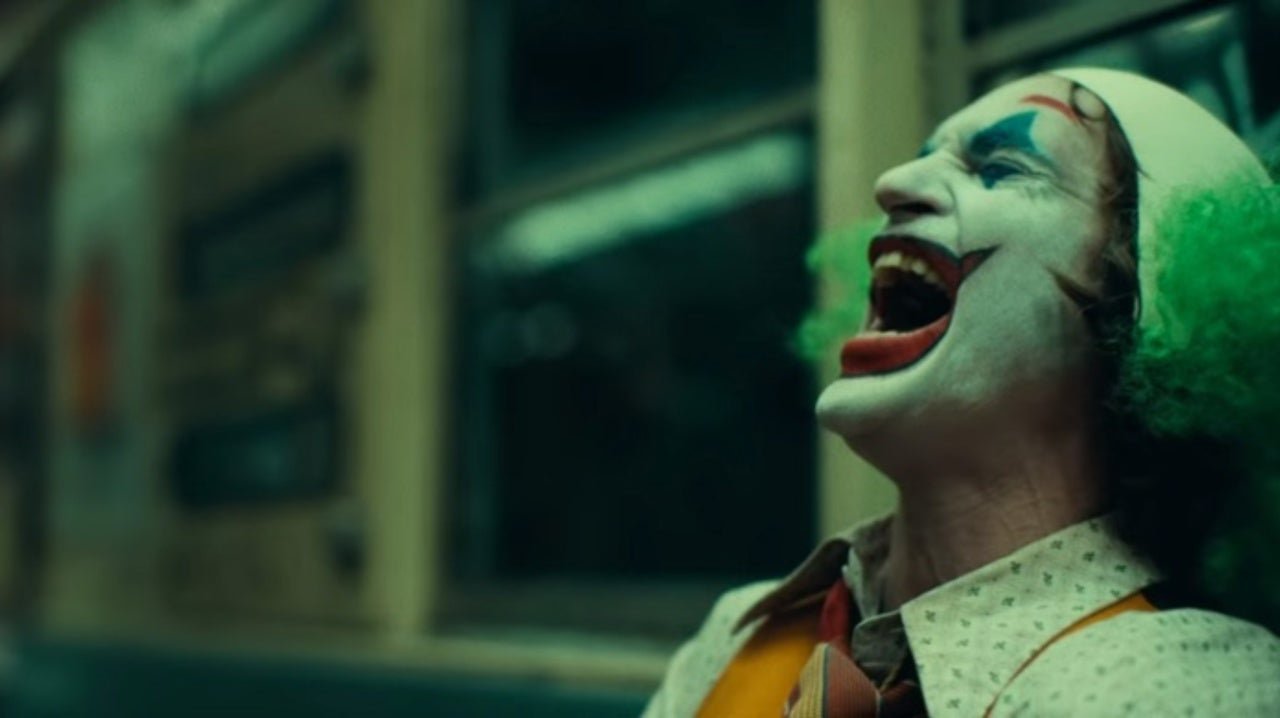
Joaquin doesn’t just act the part. Every inch of him convinces you of his never-ending tragedy. Act-1 of the film skilfully establishes him as someone who deserves your empathy and requires society to understand why he’s different. Your heart goes out to him until this point and you feel his pain every time he laughs.
In the next act, however, one begins to notice his rapid descent into madness. As he goes further and further into his unstable rabbit hole, the film gets darker and the Joker gets more frightening by the minute. Yet, a part of you still believes he needs your sympathy.
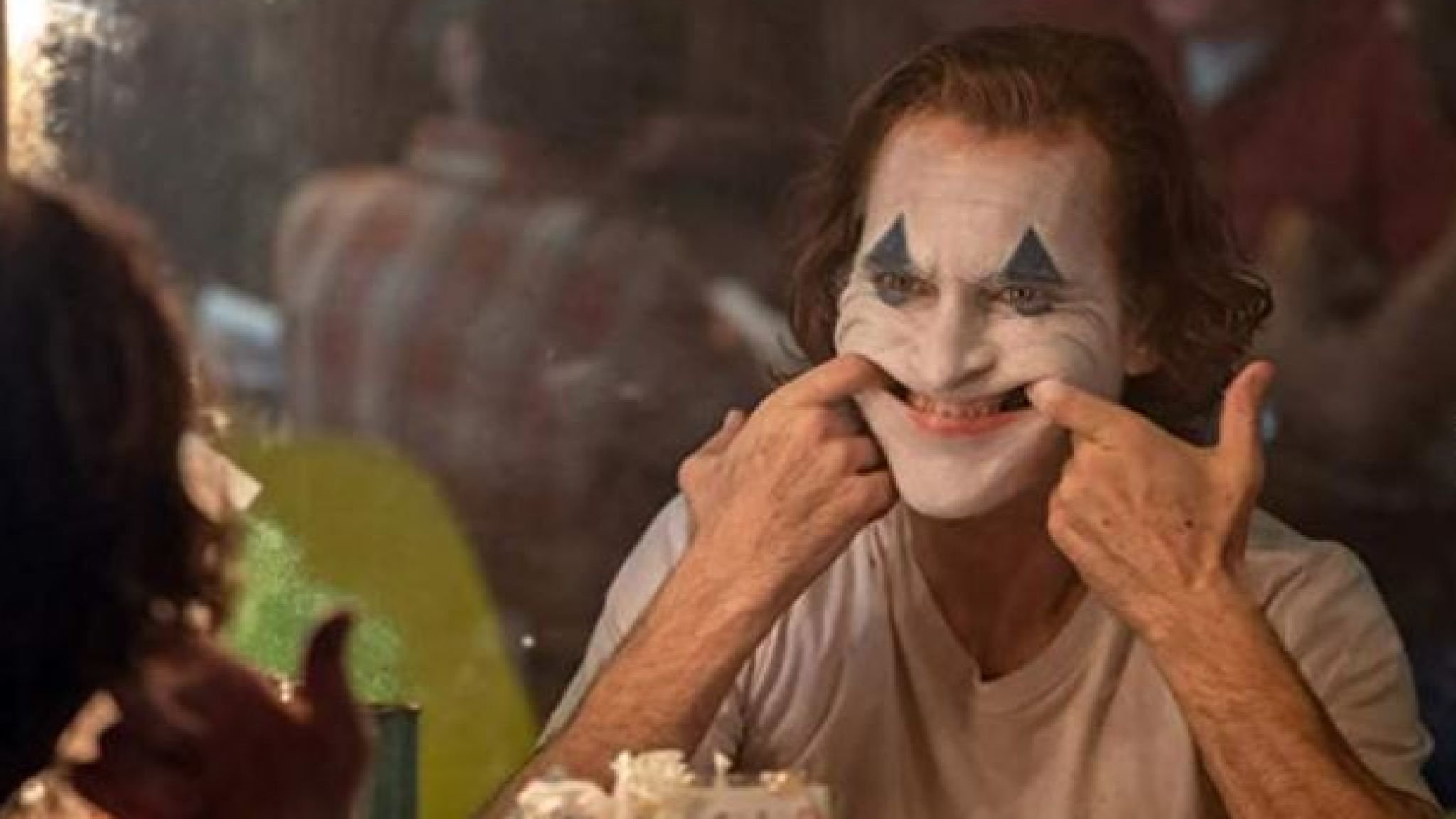
In one scene in the film, Arthur gets out of an elevator where he was trapped in for moments with his neighbour. As a friendly gesture, he points a finger gun to his head in agreement to when she did the same joking about how their apartment is in shambles. In what may have been the most normal and harmless gesture made purely in jest, Phoenix still wordlessly convinces you of something sinister going on in his head.
In another scene, Arthur confronts his psychologist about not caring for him and simply doing her job. When she tells him they’re no longer funded and he won’t be getting his medication, just a minuscule change in his facial expression is enough to know about the storm that’s coming.
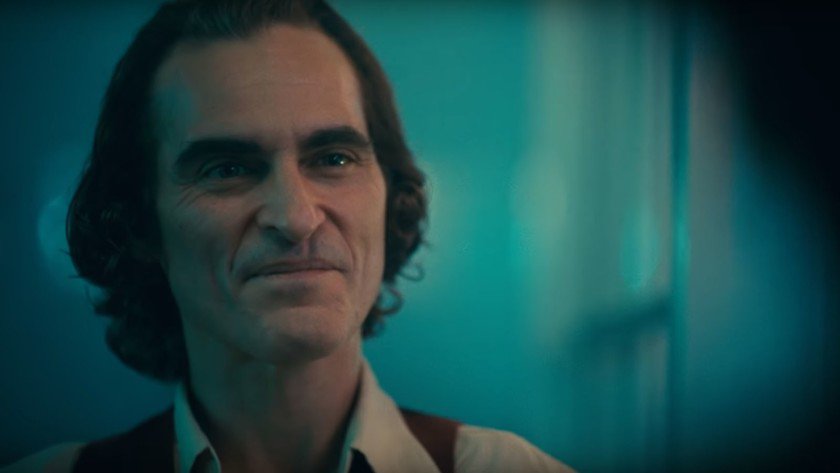
It is not in the grander scenes of gun-violence, but in these smaller nuances that the audience feels the magnitude of mayhem that is being foreshadowed.
Moments after he kills the three young blue-collared men, Joker stops for a moment and does a ‘dance’ of celebration of sorts. The very scene feels possibly far more sinister than the act of murder itself. In this scene you know what a truly talented actor can do — use his entire body to really ‘act’ and not just deliver dialogue.
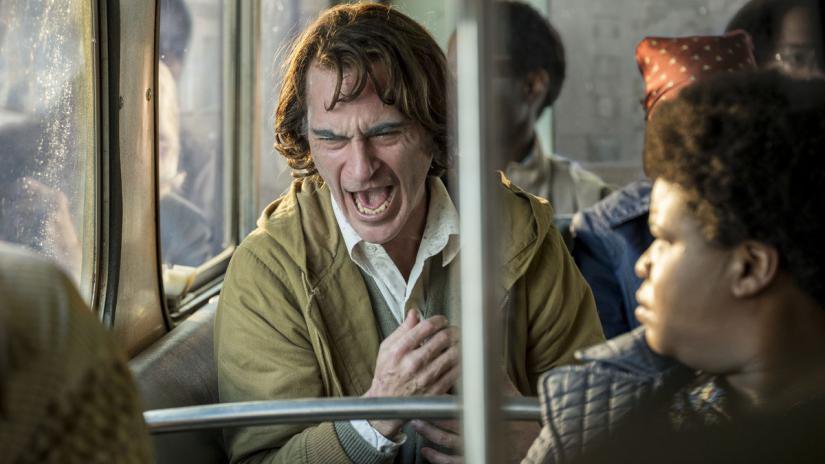
Rarely does one come by a performance so layered and so nuanced that it makes you feel all the emotions at once. Watching him perform feels distressing yet cathartic, empathetic yet uncomfortable, and relatable yet terrifying. Undeniably a performance that will be etched in the acting hall of fame alongside heavyweights like Robert De Niro and Meryl Streep.
What we learnt from Jared Leto’s slick version of Joker was that the success of the character lies largely on the shoulder of the titular actor. Unlike his ‘charismatic’ rendition of the poorly received Joker, Phoenix gave us what we yearned for. A flawless performance of the character with all its enigma and vulnerability intact.
All images are from the trailer.

















